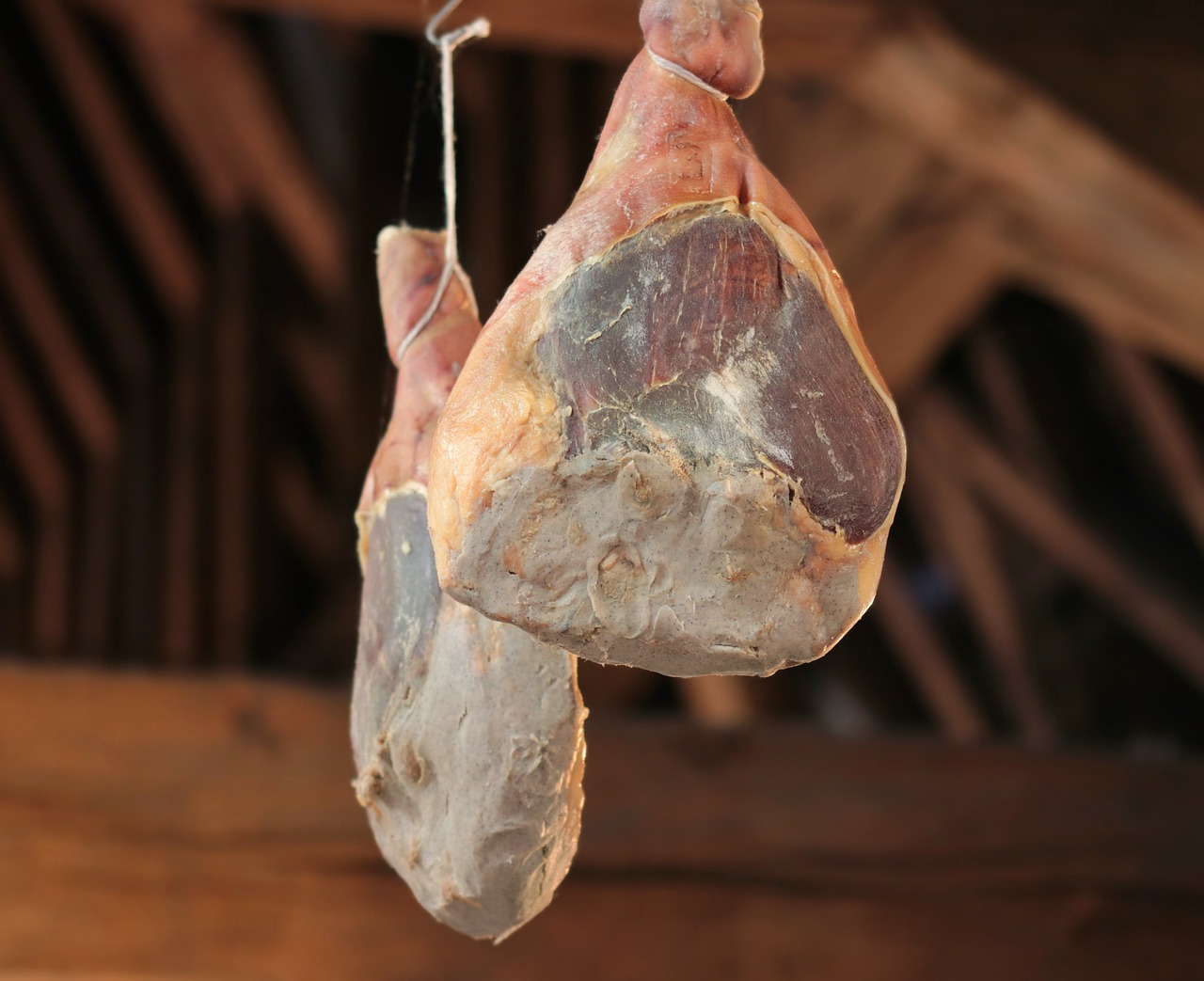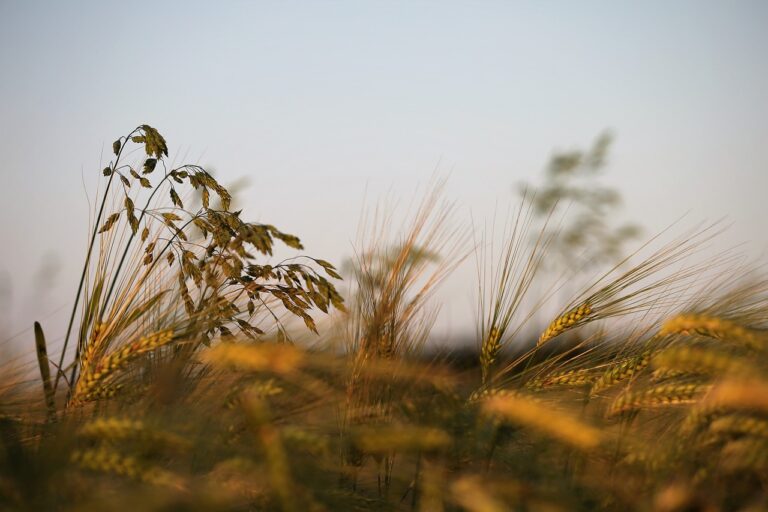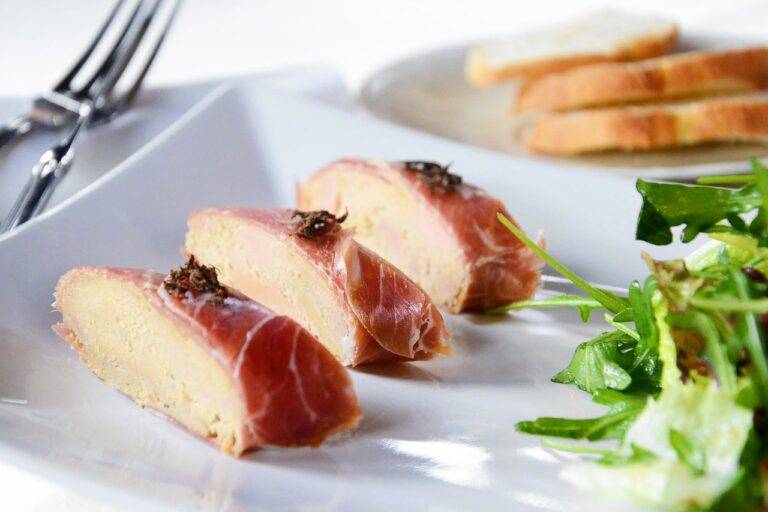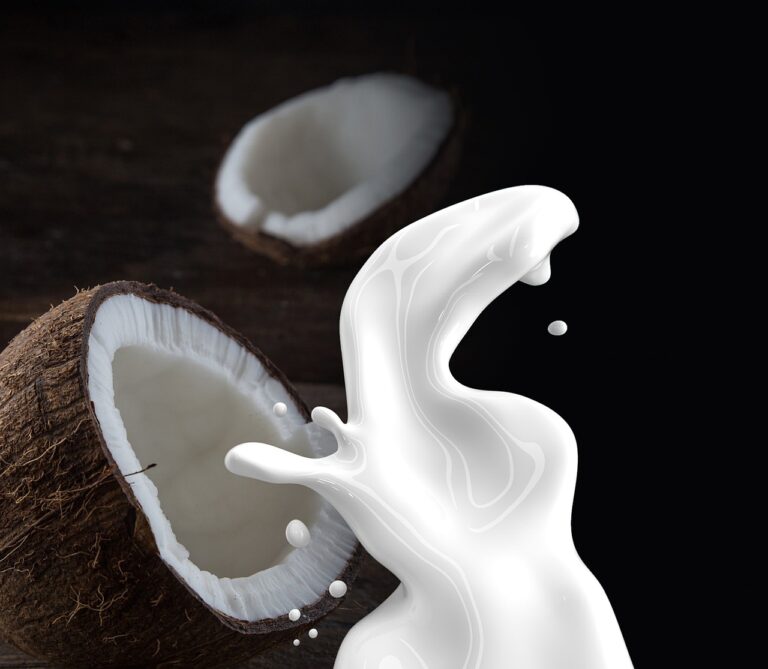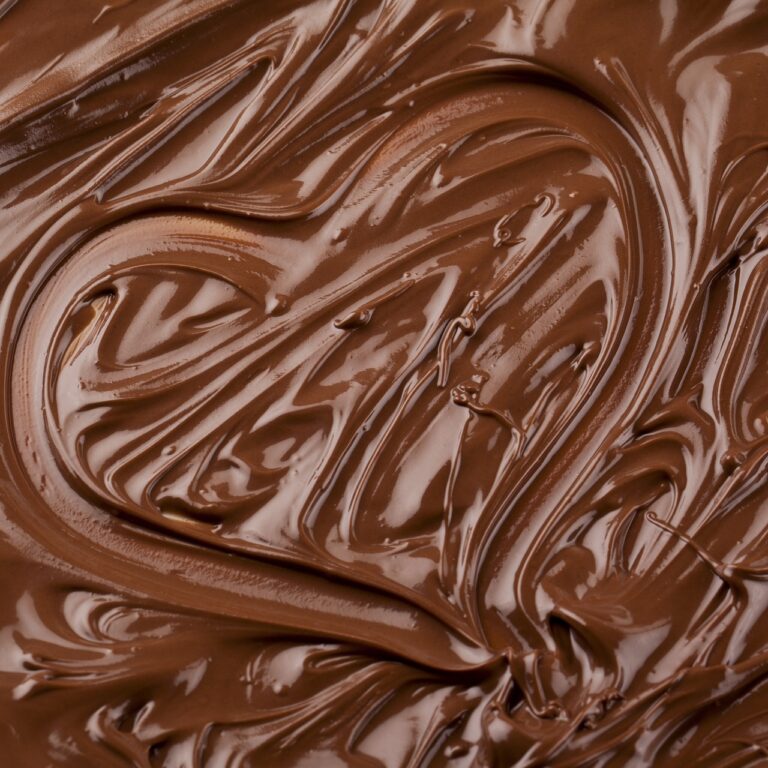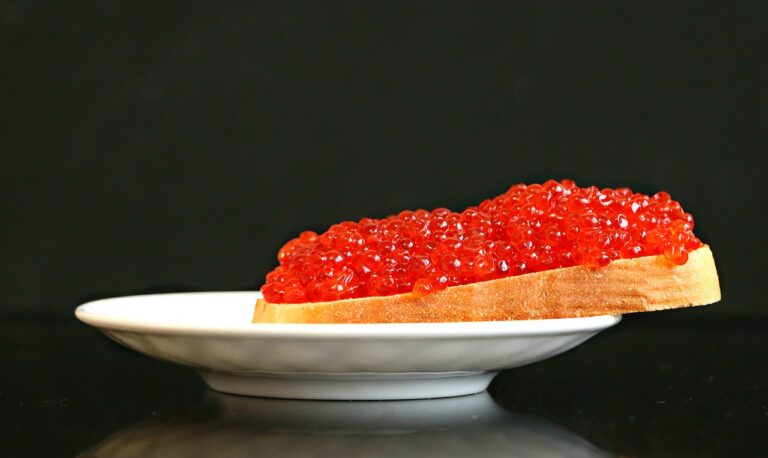Exploring the Cultural Significance of Tea Around the World
Tea, the widely beloved and revered beverage, traces its origins back to ancient China, where the legendary Emperor Shen Nong is said to have discovered it around 2737 BCE. According to Chinese folklore, the Emperor was boiling water when some tea leaves accidentally fell into his pot, resulting in the creation of the first cup of tea. This serendipitous event marked the beginnings of a tradition that would spread far and wide across the globe. From China, tea cultivation and consumption gradually made its way to other Asian countries, such as Japan and India, before eventually reaching the rest of the world.
As tea gained popularity, it also became intertwined with various cultural practices and customs in different regions. In Japan, the tea ceremony, known as “chanoyu” or “sado,” is a highly ritualized and meditative practice centered around the preparation and consumption of matcha, powdered green tea. The elaborate ceremony emphasizes harmony, respect, purity, and tranquility, reflecting the principles of Zen Buddhism. Similarly, in the Middle East and parts of North Africa, tea holds social significance as a symbol of hospitality and warmth, often served with intricate rituals and etiquette.
Types of Tea and Their Cultural Associations
In China, green tea holds a special place in the hearts of the people, symbolizing harmony and renewal. This type of tea is often enjoyed during family gatherings and important ceremonies. It is also believed to have many health benefits, promoting well-being and vitality. Green tea is deeply ingrained in Chinese culture, reflecting the reverence for tradition and nature.
Black tea, on the other hand, is more commonly associated with British culture, where it is consumed throughout the day. In the United Kingdom, tea time is a cherished tradition, offering a moment of respite in the midst of a busy day. Black tea is often served with milk and sugar, embodying comfort and warmth. Its strong and bold flavor parallels the resilience and determination of the British people.
Tea Ceremonies and Rituals
Often considered a way to cultivate mindfulness and relaxation, tea ceremonies have been practiced for centuries in various cultures around the world. These ceremonial traditions often involve specific rituals and etiquette that are followed to honor the preparation and consumption of tea. The intricate choreography of movements, the careful selection of teaware, and the precise brewing of tea all contribute to the overall experience of the ceremony.
In Japan, the tea ceremony, known as “chanoyu,” is a highly ritualized practice that emphasizes harmony, respect, purity, and tranquility. Participants engage in a series of symbolic gestures and movements that reflect the principles of Zen Buddhism, such as mindfulness and attentiveness to the present moment. The preparation and serving of matcha, a powdered green tea, is central to the ceremony, with each step performed with utmost care and precision.
What is the significance of tea ceremonies in different cultures?
Tea ceremonies hold great cultural and spiritual significance in various cultures, symbolizing harmony, respect, and mindfulness.
How are tea ceremonies different from traditional tea drinking?
Tea ceremonies involve a set of highly ritualized actions and procedures, while traditional tea drinking may be more casual and informal.
Are there specific rules or etiquette to follow during a tea ceremony?
Yes, tea ceremonies often have specific rules and etiquette that participants are expected to follow, such as bowing before receiving a cup of tea or holding the cup with both hands.
What are some common types of tea used in tea ceremonies?
Some common types of tea used in tea ceremonies include matcha in Japanese tea ceremonies, oolong in Chinese ceremonies, and chai in Indian ceremonies.
How can I experience a traditional tea ceremony?
You can experience a traditional tea ceremony by attending cultural events, visiting tea houses, or participating in workshops led by tea ceremony experts.

